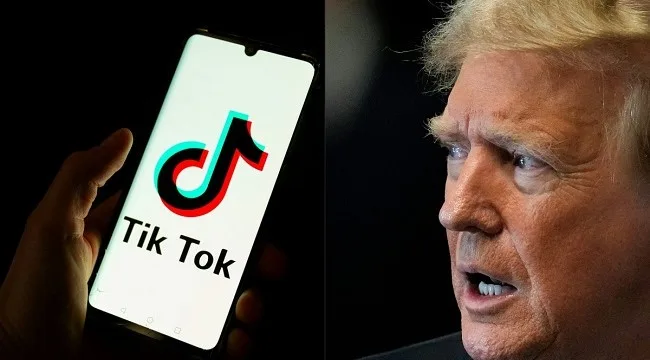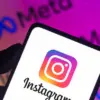TikTok restored its service in the United States on Sunday after briefly going offline, following the activation of a law banning the app over national security concerns.
The popular video-sharing platform credited President-elect Donald Trump for facilitating the reversal, although the outgoing administration of President Joe Biden had previously stated it would not enforce the ban.
The app had gone dark late Saturday as a looming deadline for its Chinese parent company, ByteDance, to sell its U.S. subsidiary to non-Chinese buyers approached.
Earlier on Sunday, as millions of users found themselves unable to access the app, Trump announced plans to issue an executive order delaying the ban to allow time to “make a deal.” He also proposed that the U.S. take a 50% ownership stake in TikTok, arguing that such a move could boost the app’s value to “hundreds of billions, maybe trillions.”
“By doing this, we save TikTok, keep it in good hands,” Trump wrote on his Truth Social platform. He had previously supported a ban on the app during his first term in office and had taken steps toward one.
In response to Trump’s comments, TikTok issued a statement on X, confirming it was in the process of restoring service. “We thank President Trump for providing the necessary clarity and assurance to our service providers that they will face no penalties for offering TikTok to over 170 million Americans.”
The law, which mandates the app’s removal unless ByteDance sells, allows for a 90-day delay if the White House can show progress toward a viable deal. However, ByteDance has firmly rejected any sale so far. The Biden administration has left enforcement of the law to Trump.
TikTok, which was back online by Sunday afternoon, did not address Trump’s suggestion of U.S. ownership of the app.
The law mandates the removal of TikTok from app stores and requires Apple and Google to block new downloads, with penalties of up to $5,000 per user if the app is accessed. Oracle, which hosts TikTok’s servers, would also be required to enforce the ban.
TikTok has become a cultural phenomenon, especially among younger users, who turn viral videos into global sensations. However, its Chinese ownership has raised ongoing national security concerns due to the potential for data misuse.
The temporary shutdown sparked a wave of reactions on social media, with some expressing concern and others mocking the situation. In Europe, Estonia’s foreign minister, a strong advocate for combating disinformation, praised the U.S. decision and suggested other countries should consider similar actions.
At the Australian Open, American tennis star Coco Gauff made headlines when she wrote “RIP TikTok USA” on a courtside camera, adding, “I love TikTok, it’s like an escape… hopefully, it comes back.”
Meanwhile, a last-minute proposal from AI start-up Perplexity AI for a merger with TikTok’s U.S. subsidiary surfaced on Saturday. While no price was disclosed, the deal is estimated to be worth at least $50 billion. Former Los Angeles Dodgers owner Frank McCourt has also made an offer to buy TikTok’s U.S. operations.
As the debate continues, it remains unclear what steps Trump can take to lift the ban unless ByteDance eventually agrees to sell its U.S. assets.
AFP


